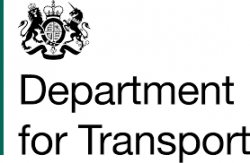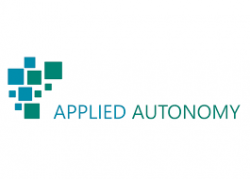 Mark Ledbury
Mark Ledbury Daniel Huber
Daniel Huber Johnny Ojeil
Johnny Ojeil Giles Perkins
Giles Perkins Olav Madland
Olav Madland Adam Loewy
Adam Loewy Sri Ganesan
Sri Ganesan Andy Taylor
Andy Taylor Vlad Marica
Vlad Marica Volker Aderhold
Volker Aderhold Hakan Kostepen
Hakan Kostepen